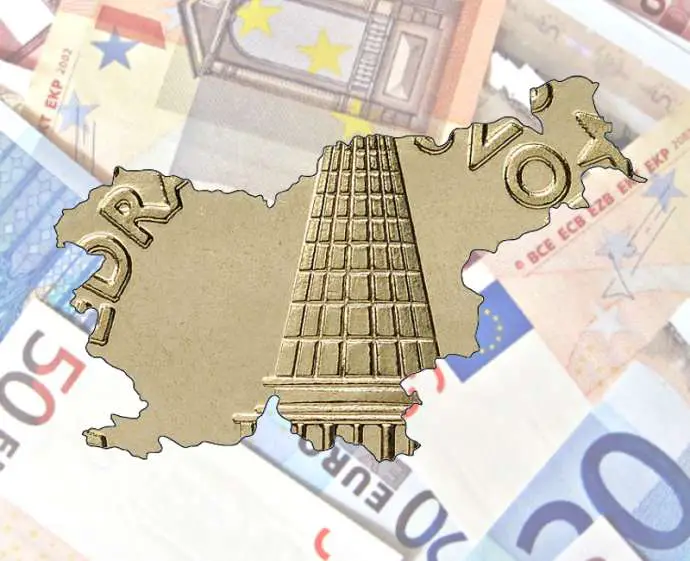STA, 4 February 2019 - Slovenia believes it can achieve sustainable public finances without having to hinder economic growth, the Finance Ministry told the European Commission on Monday, as it sent clarifications of its 2019 budgetary plans to Brussels.
The government sent to the Commission the draft supplementary budget for this year after it adopted it on 24 January.
However, last Friday the Commission requested clarifications about whether the 2019 budget plans were in line with EU rules.
In the document sent to Brussels today, the Finance Ministry said the government would carry on with activity designed to keep public finances sustainable, which would be done so as not to hinder economic growth.
The ministry explained that the fiscal rule had been the main guiding principle the government had taken into account in forming economic policies.
In doing so, it strived to preserve a nominal surplus, and consequently sustainable public finances in the medium term.
In this sense, Slovenia pursues an adequate ratio between the stability of public finances, and the care for its citizens and the country's development.
Slovenia will therefore continue with the activity designed to achieve long-term sustainability of public finances in line with the rules so that it does not hinder economic growth.
It will not lower expenses nor investments, but at least keep them at the current levels, at the same time facilitating a certain level of social security.
"For Slovenia, it is vital to preserve economic activity and raise productivity while keeping the general government debt at an adequate level."
In asking Slovenia to provide clarifications about its 2019 budget plans, Brussels acknowledged the planned surplus was to stand at 0.55% of GDP and that due to solid economic growth public debt was to drop to 66% of GDP by the end of the year.
But what worried it was the fact that the budget also envisaged a 4.5% nominal growth in public spending, which exceeds the recommended 3.1% growth ceiling.
The 0.55% of GDP figure refers to all public finances - the state budget, the health and pension purses and municipal budgets, whereas the surplus for the state budget alone is planned at 0.4% of the GDP.
Brussels said today it had received the Slovenian response, but would respond to it as part of the European semester winter package, expectedly at the end of the month.






